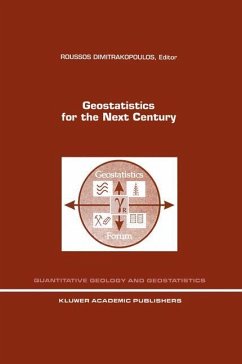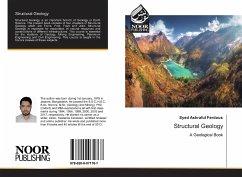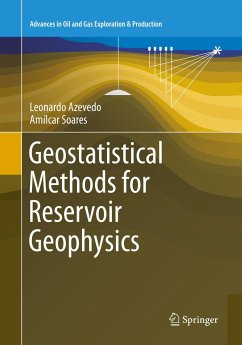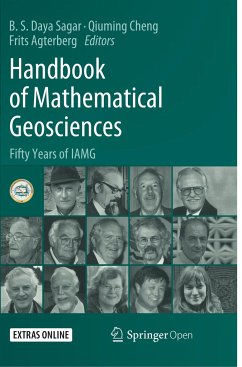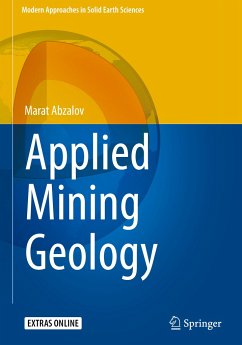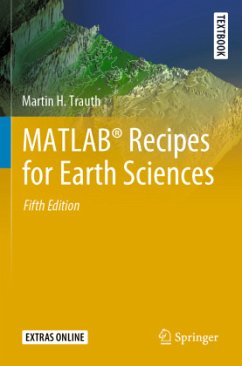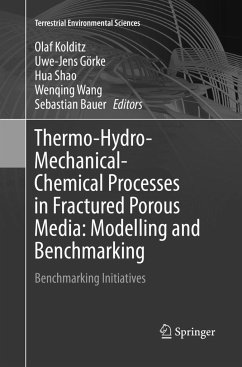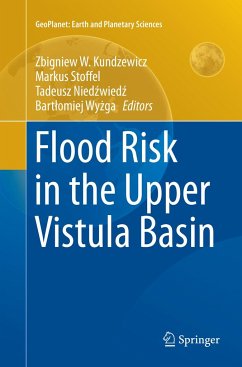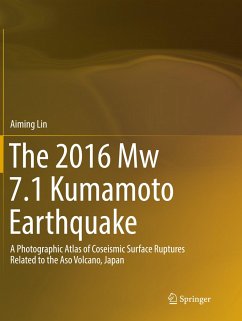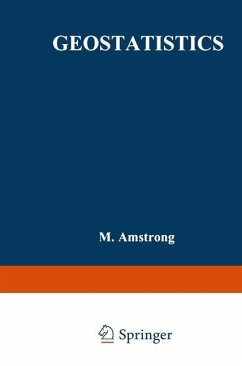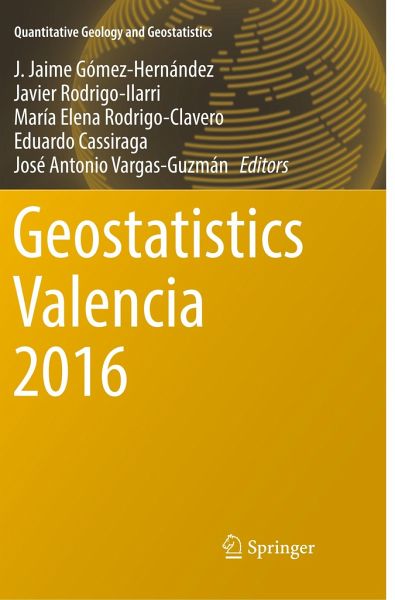
Geostatistics Valencia 2016
Versandkostenfrei!
Versandfertig in 6-10 Tagen
152,99 €
inkl. MwSt.

PAYBACK Punkte
76 °P sammeln!
This book contains selected contributions presented at the 10th International Geostatistics Congress held in Valencia from 5 to 9 September, 2016. This is a quadrennial congress that serves as the meeting point for any engineer, professional, practitioner or scientist working in geostatistics. The book contains carefully reviewed papers on geostatistical theory and applications in fields such as mining engineering, petroleum engineering, environmental science, hydrology, ecology, and other fields.



